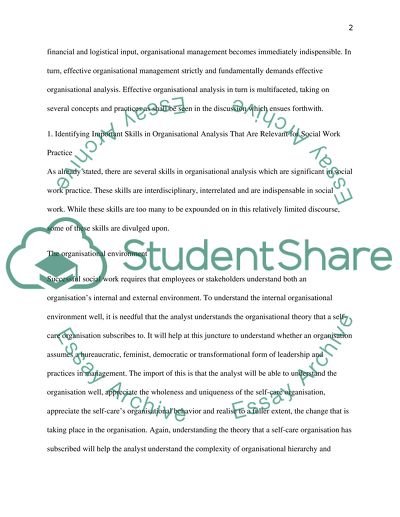Cite this document
(“Organizational Practice Essay Example | Topics and Well Written Essays - 1750 words”, n.d.)
Retrieved de https://studentshare.org/sociology/1640798-organizational-practice
Retrieved de https://studentshare.org/sociology/1640798-organizational-practice
(Organizational Practice Essay Example | Topics and Well Written Essays - 1750 Words)
https://studentshare.org/sociology/1640798-organizational-practice.
https://studentshare.org/sociology/1640798-organizational-practice.
“Organizational Practice Essay Example | Topics and Well Written Essays - 1750 Words”, n.d. https://studentshare.org/sociology/1640798-organizational-practice.


